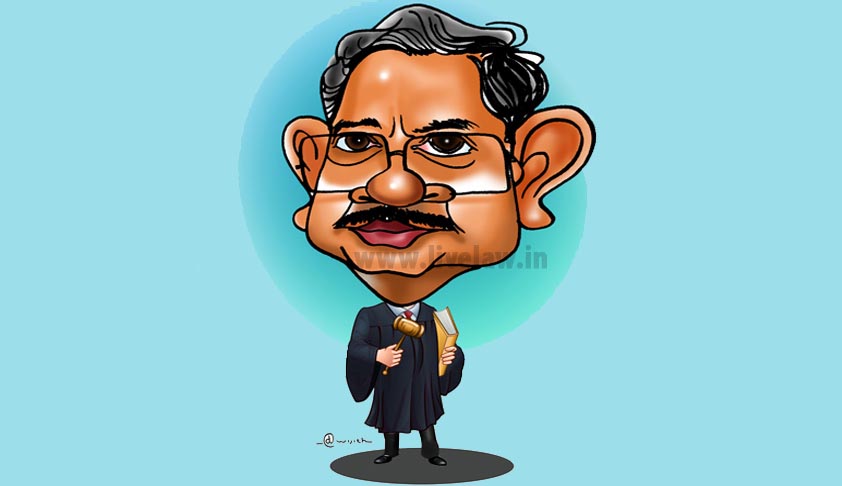- Home
- /
- Cover Story
- /
- Justice HL Dattu’s record as a...
Justice HL Dattu’s record as a Judge
LiveLaw Research Team
10 Dec 2015 10:35 AM IST
The former CJI, HL Dattu, as a Judge of the Supreme Court, had authored 82 reportable judgments of which he wrote just three judgments as the CJI. He had consented to 159 reportable judgments, including 18 as the CJI, which were authored by his brother Judges. He was part of the benches which delivered 342 non-reportable judgments or orders, most of whose authorship is not shown separately...
Next Story



